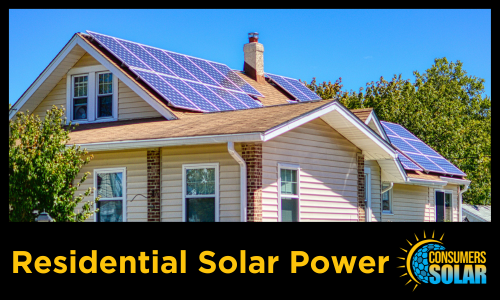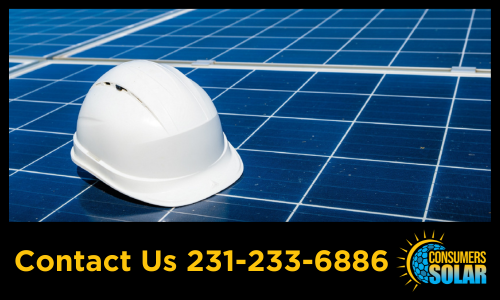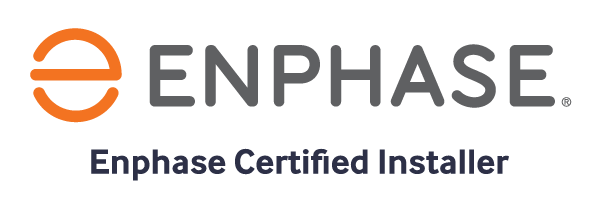 Residential Solar Power: The Benefits of Going Solar at Home
Residential Solar Power: The Benefits of Going Solar at Home
As the cost of energy continues to rise, more and more homeowners are turning to residential solar power to help reduce their energy bills and carbon footprint. But what exactly is residential solar power, and what are the benefits of going solar at home? In this article, we’ll explore the basics of residential solar power and why it’s becoming an increasingly popular choice for homeowners.
What is Residential Solar Power?
Residential solar power refers to the installation of solar panels on a home’s roof or in its yard to generate electricity from the sun. The solar panels convert sunlight into direct current (DC) electricity, which is then converted into alternating current (AC) electricity by an inverter. This AC electricity can then be used to power the home, with any excess energy being sent back to the grid or stored in batteries.
The Benefits of Residential Solar Energy:
Lower energy bills: By generating your own electricity with solar panels, you can significantly reduce your energy bills. In some cases, homeowners may even be able to eliminate their energy bills entirely.
Reduced carbon footprint: Using solar power at home reduces your reliance on fossil fuels and helps to reduce your carbon footprint. This is important for both the environment and the health of future generations.
Increased home value: Homes with solar panels installed have been shown to have a higher resale value than homes without solar. This means that installing solar panels can not only save you money in the long run but also increase the overall value of your home.
Government incentives: Many governments offer incentives for homeowners who install solar panels. These incentives can include tax credits, rebates, and other financial incentives that can help offset the cost of installation.
Energy independence: Generating your own electricity with solar panels means that you’re less reliant on the grid, which can be especially important during power outages or natural disasters.
How to Get Started with Residential Solar Power
If you’re interested in going solar at home, there are a few steps you’ll need to take:
Evaluate your home’s energy needs: Before installing solar panels, it’s important to evaluate your home’s energy needs to determine how many panels you’ll need to generate enough electricity.
Choose a reputable solar installer: Choosing a reputable solar installer is important to ensure that your solar panels are installed correctly and safely. Consumers Solar is your local West Michigan solar company for any residential solar installation.
Determine your budget: Solar panel installation can be a significant investment, so it’s important to figure out your budget and explore financing options if necessary.
Take advantage of incentives: Check with your local government to see what incentives are available for residential solar energy. Taking advantage of these incentives can help offset the cost of installation.
 Residential solar power is an increasingly popular choice for homeowners looking to reduce their energy bills and carbon footprint. By generating your own electricity with solar panels, you can enjoy lower energy bills, increased home value, and energy independence. If you’re interested in going solar at home, be sure to evaluate your energy needs, choose a reputable installer, determine your budget, and take advantage of any available incentives. Get a free quote today by calling Consumers Solar at 231-233-6886 or contact us online.
Residential solar power is an increasingly popular choice for homeowners looking to reduce their energy bills and carbon footprint. By generating your own electricity with solar panels, you can enjoy lower energy bills, increased home value, and energy independence. If you’re interested in going solar at home, be sure to evaluate your energy needs, choose a reputable installer, determine your budget, and take advantage of any available incentives. Get a free quote today by calling Consumers Solar at 231-233-6886 or contact us online.




